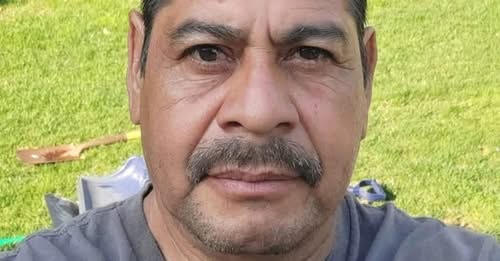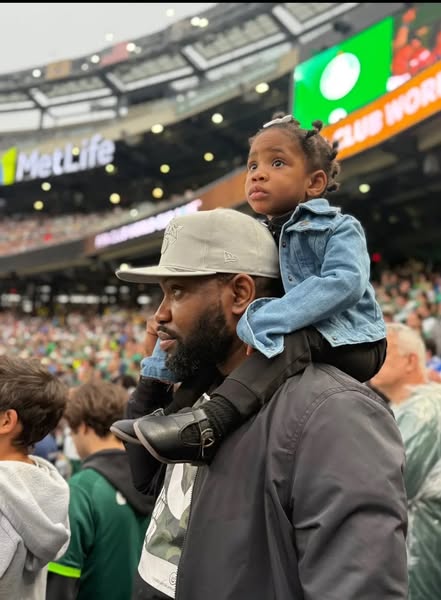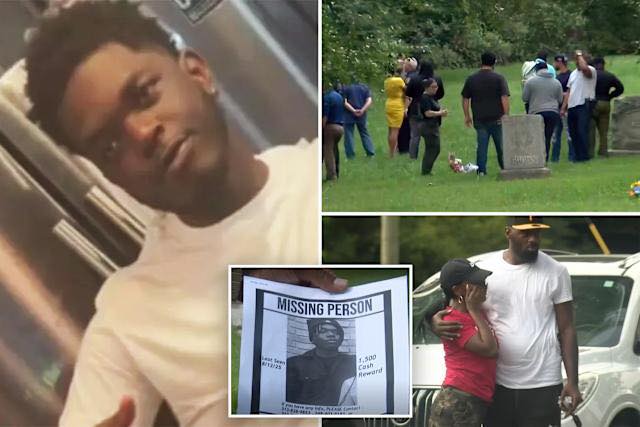A Desperate Flight Ends in Tragedy
Carlos Roberto Montoya, 52, from Jutiapa, Guatemala, lost his life in a heartbreaking accident on the 210 Freeway in Monrovia, California. Witnesses recount a scene of chaos on that fateful day outside the Home Depot on Mountain Avenue. Masked immigration agents stormed the parking lot, sparking cries of “¡La migra, corre!” as dozens of workers scattered in fear. In a desperate attempt to escape detention, Montoya sprinted across Evergreen Avenue and onto the eastbound lanes of the freeway. It was there, in the blur of panic, that he was struck by a Ford Expedition traveling at highway speed. The impact was devastating, his body thrown helplessly in the violence of the collision.
Firefighters and first responders arrived swiftly, fighting to save him. Despite their efforts, Montoya was pronounced dead soon after at a nearby hospital. His sudden death has left witnesses shaken, his family in Guatemala heartbroken, and the community grieving over the tragic cost of fear and flight.
A Life Cut Short, A Family Torn Apart
Montoya’s story is one that resonates far beyond the asphalt of the 210 Freeway. To his family in Jutiapa, he was more than just a worker searching for opportunity—he was a father, a brother, a son, and a source of love and support. Now, thousands of miles away, they mourn in disbelief, unable to hold him one last time. The Guatemalan Consulate has confirmed his identity, but confirmation offers little comfort to those who now must grieve from afar.
For so many immigrant families, survival means sacrifice—long hours, uncertain jobs, and the constant shadow of raids. Montoya’s death is not only the story of one man’s tragedy but also a reflection of the risks many face while trying to build a life in the United States. His sudden passing has left an irreplaceable void in his family, who are left to grapple with grief compounded by distance.
The Human Cost Behind the Headlines
Montoya’s death is more than just a headline—it is a sobering reminder of the human cost hidden in immigration enforcement. The chaos of raids often turns everyday spaces into zones of terror, where fear drives people into danger. On that day in Monrovia, survival instincts led Montoya onto the freeway, but fate dealt him a cruel blow.
Now, as his community in California mourns and his loved ones in Guatemala weep, many are asking: how many more lives must be lost before compassion leads the conversation? Carlos Roberto Montoya’s story is not just about tragedy—it is about the need to see the humanity in every worker, every immigrant, and every father trying to provide. May his soul rest in peace, and may his family find strength in the love that endures even through the deepest grief.





